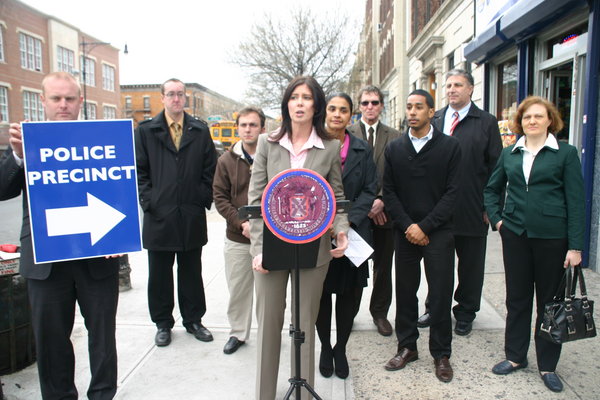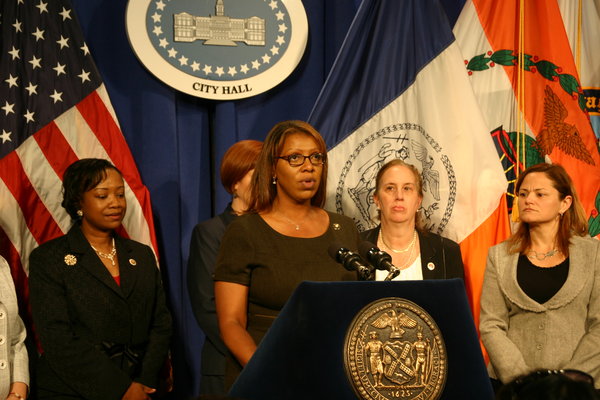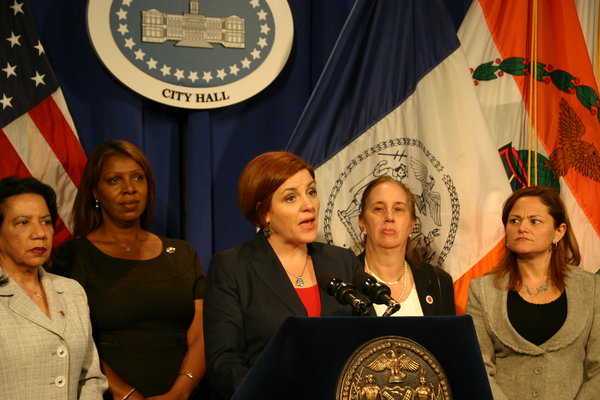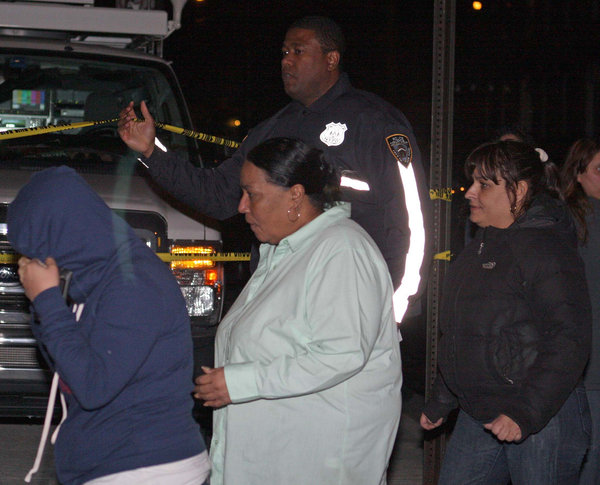New York State one step closer to full casino gaming
The odds are looking like they’re in the state’s favor when it comes to legalizing casino gambling.
Full-scale casino gaming could come to New York State in the future as both the Senate and Assembly recently passed the first round of legislation in favor of expanding state regulations and amending the state’s constitution to allow full casino gaming.
“It is a step closer to having our residents vote on a referendum that could bring full gaming to the state,” said State Senator Joe Addabbo, a member of the Senate’s Racing, Gaming and Wagering Committee, in a statement. “It is a step closer for my constituents to have thousands of additional job opportunities at Resorts World.”
Although Addabbo praised the legislature’s vote, he urged that lawmakers proceed forward from this point on in a cautious manner, and that they take into consideration community participation.
“I am an advocate for community input on these issues and feel most people would want their voices heard before any plans are implemented,” he said.
The vote is a significant step toward full gaming, especially for the Resorts World New York casino in South Ozone Park, whose operators have expressed in the past that they are eager to expand their operations if full gaming is allowed in the state.
Advocates of full gaming say that the benefits include increased revenue and massive job creation, in addition to providing stiff competition to out-of-state casinos in New Jersey, Pennsylvania and Connecticut.
“Enhancing gaming in New York by bringing table games to casinos will stimulate our economy, draw additional businesses into the state, and create opportunities for countless jobs, increased tourism and much-needed revenue,” said Assemblyman Phil Goldfeder in a letter that he sent out to newspapers earlier this week. (Read the full letter on page 7.)
The amendment seeks to legalize enhanced gaming at no more than seven casinos around the state. According to lawmakers, the locations and details of the proposed seven casinos will be decided in 2013.
Goldfeder noted that he will work to advocate for Resorts World to receive one of the seven casino licenses.
“Resorts World has served as an eager and effective community partner, delivering on their promise of local jobs and serving as an economic engine for the region,” he said, touting their commitment to the community through monthly meetings with the 106 Precinct, Community Board 10 and elected officials to address neighborhood concerns.
The constitutional amendment to allow full-scale gaming would need to be approved once more by both houses in the Legislature and then by voters in a referendum for it to become law. That entire process could take three years.







